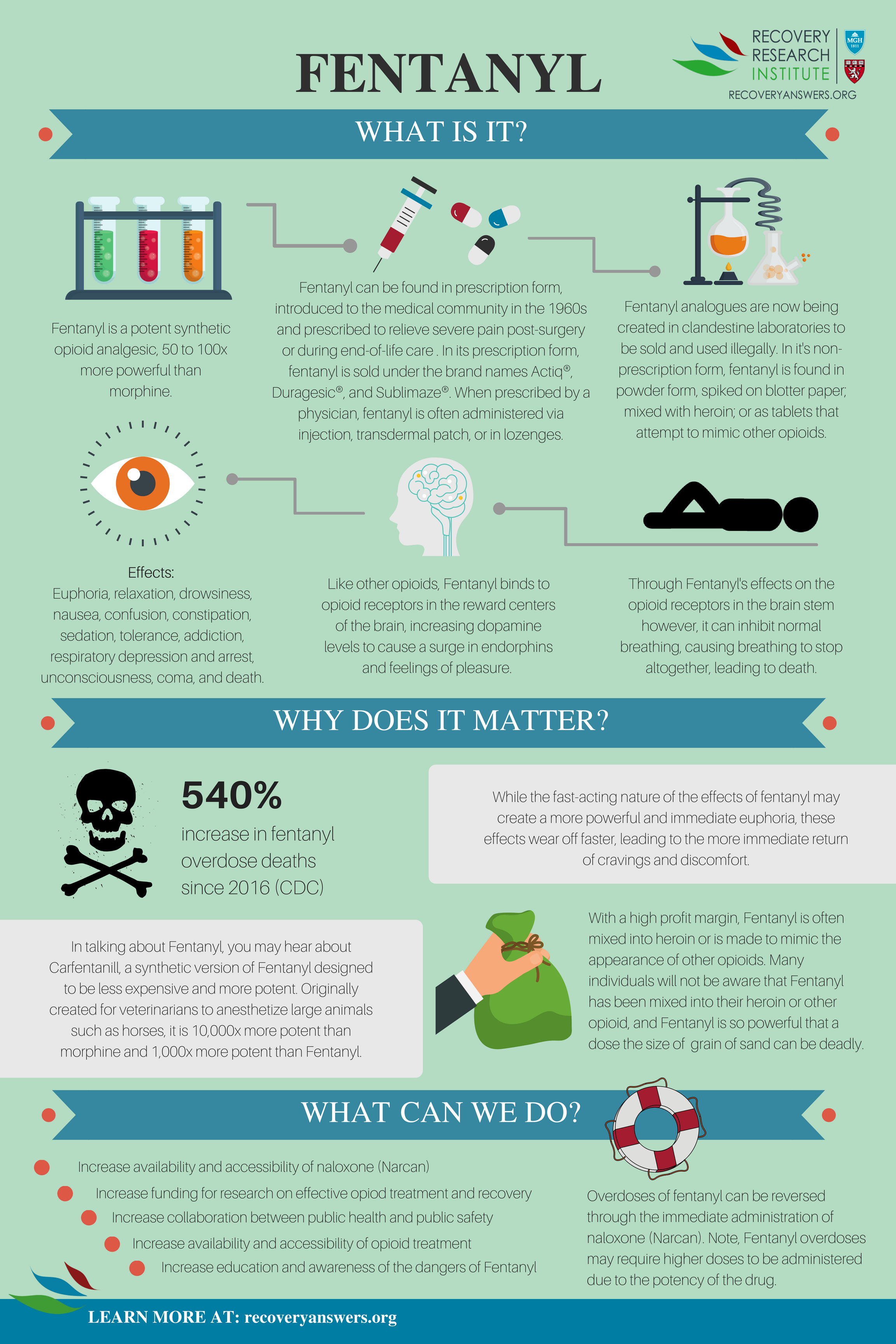Understanding The Scientific Basis Of Treating Drug Addiction
Understanding The Scientific Basis Of Treating Drug Addiction
Blog Article
Writer-Hendrix Williamson
Imagine Drug addiction therapy as a complicated challenge, with each piece representing a various element of the scientific strategy to combating substance abuse.
From https://www.webmd.com/mental-health/addiction/news/20220211/marijuana-use-disorder-may-make-you-sick of the mind to the impact of ecological variables, the science behind dependency treatment introduces a multidimensional perspective that overviews effective treatments.
Recognizing exactly how organic, psychological, and social elements intertwine in the treatment procedure can give important insights right into fostering long-term recuperation.
By unraveling the scientific research behind Drug addiction therapy, you will gain a deeper admiration for the comprehensive methods utilized in resolving this pervasive concern.
Biological Consider Dependency Treatment
When dealing with biological consider dependency therapy, it's critical to comprehend exactly how the body's chemistry influences the efficiency of treatments. The way substances communicate with your mind's natural chemicals plays a considerable duty in dependency development. For example, medicines can pirate the mind's reward system, causing yearnings and uncontrollable drug-seeking actions. Comprehending these chemical refines assists in tailoring therapy strategies like medication-assisted treatment to target specific neurotransmitter inequalities.
In addition, genetic aspects can also influence how your body reacts to certain compounds, impacting your susceptability to dependency. By taking into consideration these organic elements, health care experts can individualize therapy strategies that deal with the unique requirements of individuals fighting dependency, ultimately raising the chances of successful recovery.
Emotional Interventions for Dependency
Comprehending the psychological treatments for addiction is critical in enhancing the organic variables attended to in treatment strategies. Here are three vital psychological treatments that play an essential function in dependency treatment:
1. ** Cognitive-Behavioral Treatment (CBT): ** This treatment aids you determine and alter negative idea patterns and habits associated with chemical abuse.
2. ** Motivational Interviewing (MI): ** MI is a counseling method that aids you discover the internal motivation to change addicting actions.
3. ** Mindfulness-Based Interventions: ** These methods concentrate on increasing your awareness of food cravings and activates without judgment, assisting you handle them successfully.
How To Support Someone With A Drug Addiction California work together with organic therapies to provide a thorough strategy to addiction healing.
Social Assistance and Recuperation in Dependency
Social support plays an essential function in dependency recuperation, supplying individuals with the needed inspiration and support to navigate the difficulties of getting over chemical abuse. Having a strong support system can dramatically raise the chance of successful recovery from addiction. Pals, relative, support system, and counselors all contribute to producing a network of support that can assist you stay inspired and concentrated on your trip to soberness.
Social connections can use understanding, empathy, and useful assistance throughout tough times, serving as a resource of stamina and support. By bordering on your own with favorable and encouraging individuals who count on your capacity to recuperate, you can enhance your strength and dedication to remaining substance-free.
Verdict
So, you've learned about the science behind Drug addiction therapy. By comprehending the biological, emotional, and social aspects at play, you can see just how detailed therapy is vital for recovery.
Remember, dependency is a monster that can be subjugated with the right devices and support. Keep fighting the great battle, due to the fact that you're stronger than any type of barrier in your method.
